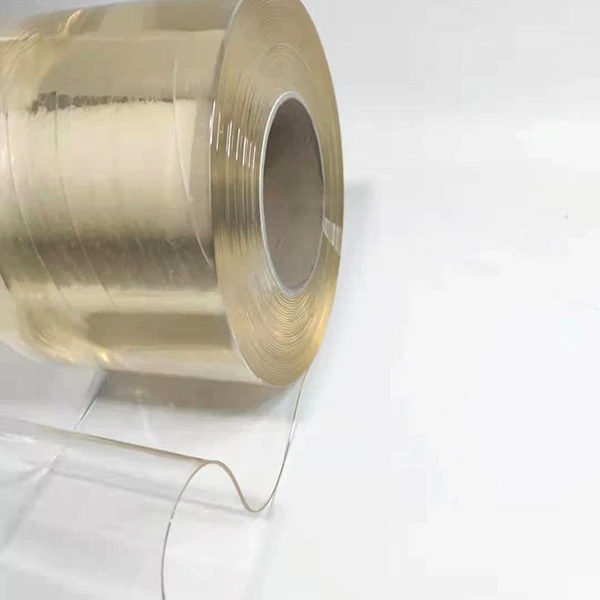- Afrikaans
- Albanian
- Amharic
- Arabic
- Armenian
- Azerbaijani
- Basque
- Belarusian
- Bengali
- Bosnian
- Bulgarian
- Catalan
- Cebuano
- Corsican
- Croatian
- Czech
- Danish
- Dutch
- English
- Esperanto
- Estonian
- Finnish
- French
- Frisian
- Galician
- Georgian
- German
- Greek
- Gujarati
- Haitian Creole
- hausa
- hawaiian
- Hebrew
- Hindi
- Miao
- Hungarian
- Icelandic
- igbo
- Indonesian
- irish
- Italian
- Japanese
- Javanese
- Kannada
- kazakh
- Khmer
- Rwandese
- Korean
- Kurdish
- Kyrgyz
- Lao
- Latin
- Latvian
- Lithuanian
- Luxembourgish
- Macedonian
- Malgashi
- Malay
- Malayalam
- Maltese
- Maori
- Marathi
- Mongolian
- Myanmar
- Nepali
- Norwegian
- Norwegian
- Occitan
- Pashto
- Persian
- Polish
- Portuguese
- Punjabi
- Romanian
- Russian
- Samoan
- Scottish Gaelic
- Serbian
- Sesotho
- Shona
- Sindhi
- Sinhala
- Slovak
- Slovenian
- Somali
- Spanish
- Sundanese
- Swahili
- Swedish
- Tagalog
- Tajik
- Tamil
- Tatar
- Telugu
- Thai
- Turkish
- Turkmen
- Ukrainian
- Urdu
- Uighur
- Uzbek
- Vietnamese
- Welsh
- Bantu
- Yiddish
- Yoruba
- Zulu
Understanding the Benefits and Applications of Flexible PVC in Various Industries
The Versatility of Flexible PVC Applications and Benefits
Flexible PVC, or Polyvinyl Chloride, is a synthetic plastic polymer that is widely used across various industries due to its remarkable versatility and durability. Unlike its rigid counterpart, flexible PVC possesses an array of properties that make it an ideal choice for many applications, from construction to automotive, and even in the medical field. This article explores the benefits and uses of flexible PVC, highlighting why it has become a valuable material in modern manufacturing.
One of the primary advantages of flexible PVC is its flexibility. This property allows it to be easily molded into different shapes and sizes without compromising its strength. The flexibility is achieved by incorporating plasticizers into the PVC formulation, resulting in a material that can bend, stretch, and conform to various surfaces. This characteristic makes flexible PVC perfect for applications such as wire insulation, tubing, and gaskets, where adaptability and durability are crucial.
The Versatility of Flexible PVC Applications and Benefits
The automotive sector also benefits significantly from flexible PVC. It is used in various components, including dashboards, door panels, and seating. The material’s ability to resist wear and tear, along with its sound-proofing capabilities, contributes to a more comfortable and durable vehicle interior. Moreover, flexible PVC can be easily colored and textured to enhance the aesthetic appeal of automotive designs.
flexible pvc

Flexible PVC is also making strides in the medical field. It is frequently used to manufacture medical tubing, blood bags, and IV containers due to its biocompatibility and ease of sterilization. The lightweight nature of flexible PVC aids in the transport of fluids, making it an essential material in healthcare settings. Its resistance to chemicals and ability to maintain structural integrity under varying conditions further bolster its significance in medical applications.
Moreover, the sustainability of flexible PVC cannot be overlooked. The material is 100% recyclable, meaning that it can be repurposed and reused, reducing waste in landfills. As recycling technologies advance, the potential to recover and reprocess flexible PVC is becoming more efficient, contributing to a more circular economy.
Despite its many advantages, it is essential to address the environmental concerns surrounding PVC production and disposal. Some plasticizers traditionally used in flexible PVC have raised health and environmental issues. However, recent advancements have led to the development of more environmentally friendly alternatives that do not compromise quality or performance.
In conclusion, flexible PVC stands out as a remarkable material in today's industrial landscape. Its flexibility, durability, and versatility enable it to serve a multitude of applications, from construction to healthcare and automotive industries. As manufacturing processes evolve and sustainability takes precedence, the innovation within flexible PVC formulations promises a bright future for this versatile material. By embracing responsible production and recycling practices, flexible PVC can continue to play a vital role in our modern world while minimizing its environmental impact.
-
High-Quality 냉장실용 커튼 for Efficient Cooling Durable PVC Coated Wire Mesh RollosNewsJul.06,2025
-
Antistatic PVC Strip Curtains – Superior Static Protection & Easy InstallationNewsJul.06,2025
-
Clear Freezer Curtains - Durable Vinyl & Plastic Curtains for Cold Storage SolutionsNewsJul.06,2025
-
Transparent PVC-Folie – Flexible & Durable Clear Plastic Sheets for Versatile UseNewsJul.05,2025
-
High-Quality Cold Room Door Curtains Durable PVC Strip Curtains for Cold StorageNewsJul.05,2025
-
Shop Yellow Ticking Stripe Curtains – Classic Style, Durable Fabric, Multiple Colors AvailableNewsJul.05,2025



